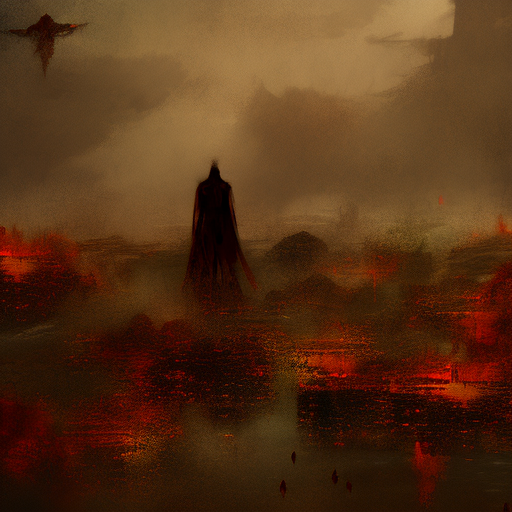One-line Summary:
A thought-provoking and unsettling novel, “Disgrace” by J.M. Coetzee explores themes of power, redemption, and the complexities of post-apartheid South Africa through the eyes of a disgraced professor.
Introduction:
“Disgrace” is a novel written by South African author J.M. Coetzee and was published in 1999. Set in post-apartheid South Africa, the story follows David Lurie, a middle-aged professor of literature who experiences a dramatic downfall after an affair with one of his students. Through Lurie’s journey, Coetzee delves into the complexities of power, morality, and personal redemption in a society still grappling with the aftermath of apartheid.
The Disgrace of David Lurie:
David Lurie, a divorced and disillusioned professor, leads a relatively solitary life in Cape Town. He indulges in casual sexual encounters and finds solace in his academic pursuits. However, his life takes a dramatic turn when he engages in an affair with a young student named Melanie Isaacs. The affair is consensual but ultimately leads to Lurie’s disgrace when Melanie’s father discovers their relationship and files a complaint against him.
As a consequence, Lurie is forced to resign from his position at the university. His reputation is tarnished, and he is left questioning his own actions and the power dynamics that led to his downfall. This event serves as a catalyst for the exploration of larger themes within the novel.
Power and Privilege in Post-Apartheid South Africa:
“Disgrace” takes place in a South Africa still grappling with the legacy of apartheid. Coetzee uses Lurie’s story to shed light on the power dynamics that persist in this new era. Lurie, a white man, represents the privileged class that once held power in the country. His affair with Melanie, a young black woman, highlights the imbalances and complexities of race, gender, and age in post-apartheid South Africa.
Through Lurie’s interactions with his daughter, Lucy, who lives on a remote farm, Coetzee further explores the tensions between the old and new South Africa. Lucy’s farm is attacked by a group of black men, and she is brutally assaulted. This event forces Lurie to confront his own prejudices and reevaluate his understanding of power and privilege.
Redemption and the Search for Meaning:
As Lurie grapples with his disgrace and the changing world around him, he embarks on a journey of self-reflection and redemption. He seeks solace in working on Lucy’s farm, where he confronts the harsh realities of life and the need for personal transformation. Through his interactions with the animals on the farm and the challenges he faces, Lurie begins to find a sense of purpose and meaning.
However, Coetzee does not provide a clear resolution or redemption for Lurie. Instead, he leaves the reader with a sense of ambiguity and the understanding that true redemption is a complex and ongoing process.
Key Takeaways:
- The novel explores the complexities of power and privilege in post-apartheid South Africa.
- Coetzee raises questions about morality, personal responsibility, and the search for redemption.
- The story highlights the challenges of personal transformation and the need to confront one’s own prejudices.
“He has failed, once again, to understand the rules of the game. That a woman may be uninterested in him does not mean she is uninterested altogether. It does not mean she is not a sexual being.”
In “Disgrace,” J.M. Coetzee presents a thought-provoking narrative that explores the complexities of power, redemption, and personal transformation in post-apartheid South Africa. Through the downfall of David Lurie, the novel raises important questions about privilege, morality, and the search for meaning. Coetzee’s exploration of these themes leaves the reader with a sense of unease and a deeper understanding of the complexities of the human condition.












